Julian, we’re happy you found time to chat with us. Let’s get started. How long has Happy Ocean Foods been around?
We came up with the idea for Happy Ocean Foods in October 2019; however, the company wasn’t founded until May 2020.
How did you come up with the idea to make shrimp that are 100% plant-based?
The defining moment came during my trip around the world last year. I experienced first-hand the vast differences between various cultures and countries in terms of nutrition, sustainability and waste management. Given my interest in sustainable and healthy nutrition, this definitely hit a nerve. As a passionate surfer and diver I also love nature and the ocean. A plant-based shrimp is therefore the obvious choice. To understand the food industry and its challenges, I have been reading a lot, for example, about the future of nutrition. Over time, it became increasingly clear to me that the industry needed a sustainable alternative to fish and seafood.
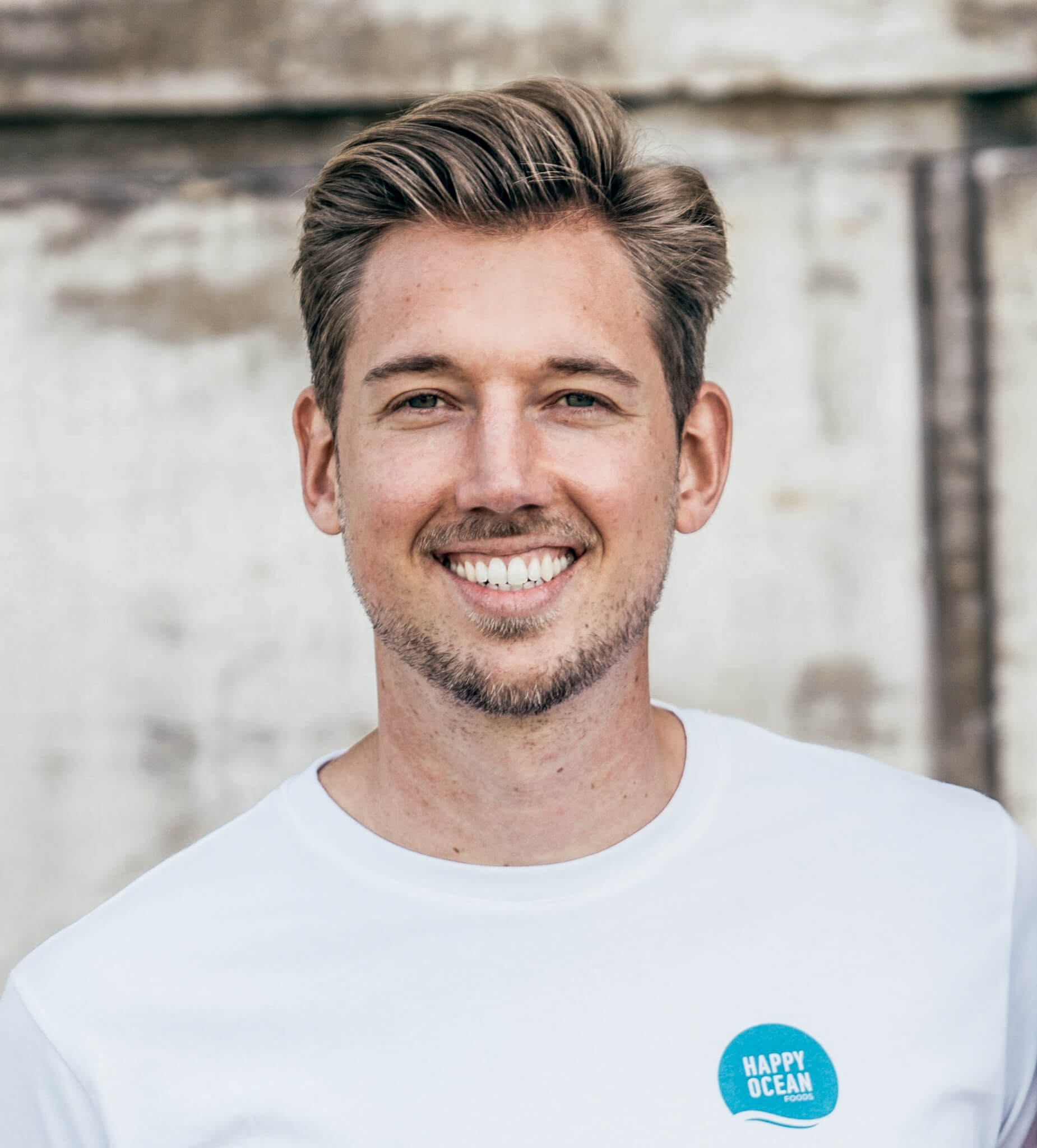
Julian Hallet Happy Ocean Foods founder / Image: Alina Nachtmann
Have you always worked in the food sector? What is your background?
After completing my studies in International Management, I first worked for a fashion company, but quickly realized that my passion is food and health. Therefore, I switched to a start-up for healthy nutrition and fitness, where I worked as the key account and marketing manager. That’s where I met my co-founder Robin. We quickly discovered that we share a passion for good food and sports as well as a strong interest in nutrition and leading a healthy lifestyle. In addition, we had both always wanted to build something that we really believe in and that has a deeper meaning. As enthusiastic surfers and nature lovers, we decided to create a brand that helps protect our oceans.
How much time did you need for development? Has this been finalized or do you see further potential for improvement?
Several months has been spent on development so far. We were constantly making changes to our prototypes in order to optimize appearance, taste and consistency. At this point we can say that we are very satisfied with the product. We are currently just going to make small adjustments to the texture and taste and change the size of the shrimp. It’s really just a question of fine-tuning now.
Are other products in the works?
Yes, we are planning on creating other products. The fish and seafood market offers a wide range of items that can be replaced with plant-based products. The next product has not yet been finalized, but it will probably be salmon or tuna.
You are a true start-up. Was it easy to find financial support for you and your idea?
For the first few months we were financed by private capital and are now supported by the EXIST Business Start-up Grant. We have also received some prize money from competitions. So far we have been given approximately €150,000 in funding without having to surrender shares or take out a loan. We are currently in discussions with potential investors and are close to securing our pre-seed financing.
Have you perhaps already received a takeover bid from Unilever, Nestlé or Monsanto?
We are definitely too small to get such an offer and do not yet have any relevant sales to report. (laughs) But that may still come.
Beyond meat is currently a hot topic in the food market. How do you assess the beyond fish market in comparison?
Currently, the beyond fish market is very small in comparison (about one hundredth of the size of the beyond meat market). This is why the market for plant-based fish products offers huge potential and represents a significant gap in the market. While the US market for plant-based meat generated sales of 940 million euros in 2019, the market for plant-based fish only amounted to 9.5 million euros.
Developments are rarely linear. What detours and obstacles did you have to overcome or tackle?
Since the idea was conceived during my trip around the world, we had to set up the company remotely during the first six months, which also involved time differences. That was more challenging than doing it together on site. It is also a challenge to develop a compelling product that offers an exceptional taste experience which is also healthy. In product development, we carried out numerous experiments, made several iteration loops and collected customer feedback through taste tests with the aim of achieving a result with a wow-effect.
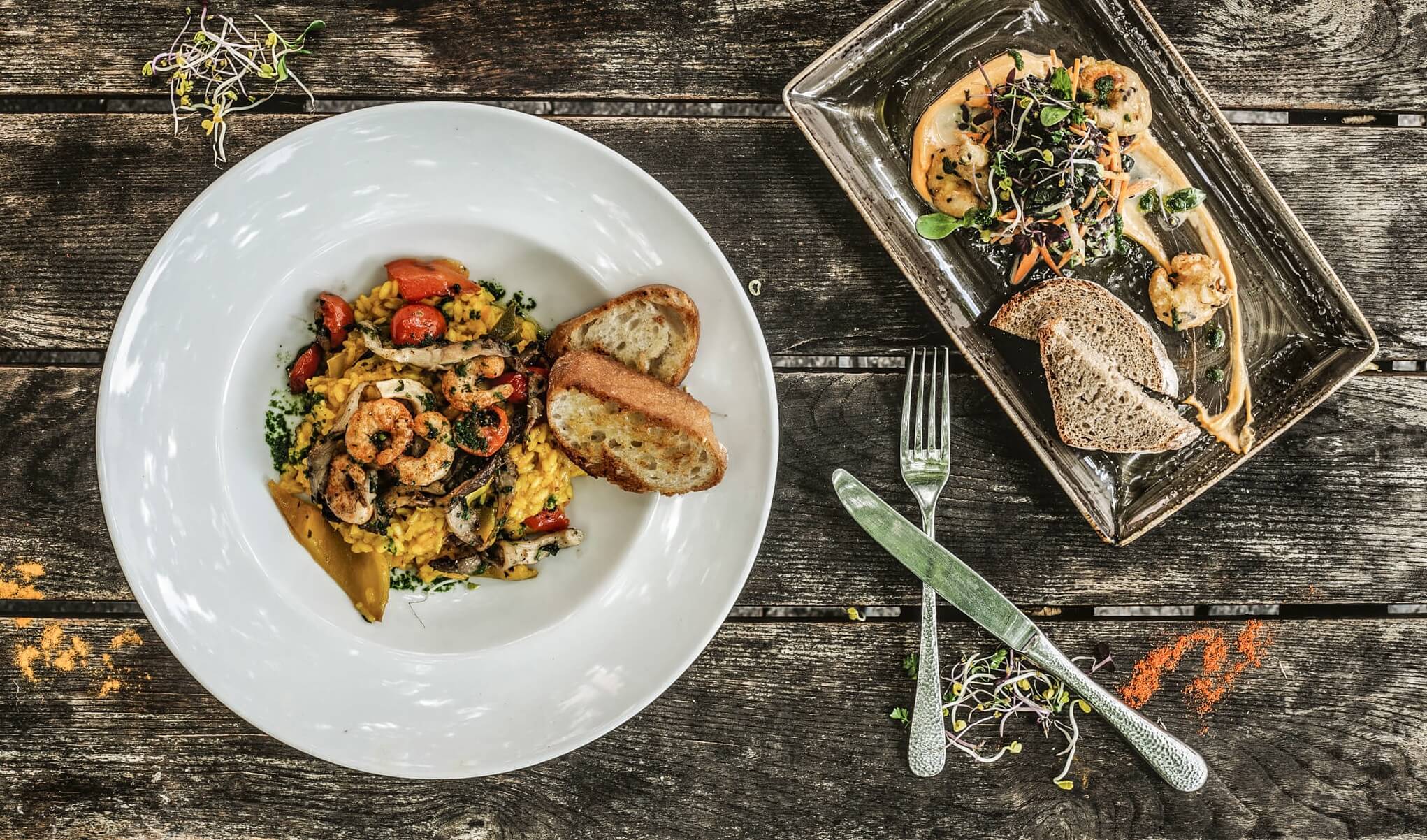
Image: Larissa Wittmann
Many meat substitute products are confronted with the allegation that they have too many artificial/chemical components. How have things been for Happy Ocean in this regard?
Our shrimp consists almost exclusively of natural ingredients (mainly algae and vegetable proteins) and does not contain any artificial additives such as e-substances, preservatives, colorants or artificial flavors. It was important to us to develop a product that we could recommend without hesitation and that we would also like to eat ourselves.
Where do or will you produce?
We are currently still at a small production facility at the Weihenstephan University of Applied Sciences in Freising. However, we are currently in contact with some producers in order to establish a scalable and automated production.
Where do the raw materials come from? Are they organic?
Good, sustainable quality is important to us and therefore is also key when it comes to choosing a producer, as they will be responsible for purchasing raw materials for us in the future. We aim to obtain as many raw materials from regional and organic cultivation as possible. After all, this is one of our core product values.
On your website you can watch a short video with customer comments about a taste test. However, there is only one shrimp on the plate. How many tons/pounds can you produce per month at the moment?
Since production is currently still done by hand, personnel and shrimp molds are the obvious limit. If we used the existing capacity, we could definitely produce half a ton per month. However, this would not be very economical and we also have a limited cooling capacity.
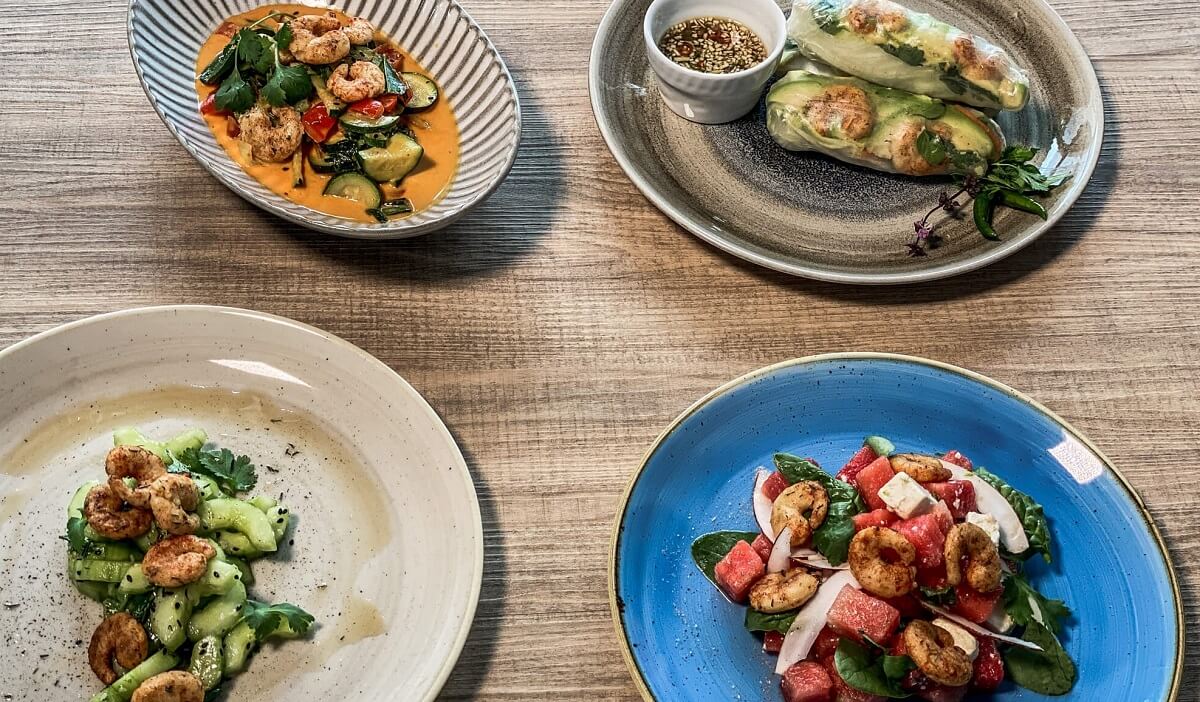
Image: (c) Anke Sommer RATIONAL AG
So far, your shrimp have been exclusively available at a restaurant in Munich. Is production only planned for restaurants or can I also buy them at the supermarket someday?
We are determined to make our shrimp available in the food retail trade. Before that, the brand will be consolidated with a proof of concept by selling via restaurant chains.
Which target groups are you aiming for?
Our target group consists primarily of LOHAS (Lifestyle of Health and Sustainability) and flexitarians. LOHAS describes a type of consumer who leads a healthy and sustainable lifestyle, and who takes responsibility for social and ecological living conditions without thinking this means they have to renounce or go without. They follow a balanced diet and, as early adopters, are always on the lookout for innovative and tasty alternatives to animal products. In addition, vegans and vegetarians are of course also a relevant target group for us.
Do you already have other sales partners? When is the big roll-out planned?
Although we don’t want to reveal too much at this point, I can say that we are already in contact with potential distribution partners.
What is your assessment of the general food supply? Can your shrimp become an alternative source of protein or is it simply a matter of offering gourmets an alternative to the real thing?
Our Happy Ocean shrimp are intended to create the greatest possible impact. To achieve this, we must appeal to the mass market and win over fish eaters. We can only achieve this by offering a good taste experience and similar nutritional values. With 0.2 oz. of protein and 0.03 oz. of omega-3 fatty acids (per 3.5 oz.) our shrimp provides an excellent alternative with valuable nutrients.
How much does a pound of shrimp currently cost and what price do you strive to charge in the future?
At present the purchase price per kilo (2.2 pounds) of shrimp costs €19.99 for major customers from the gastronomy sector. However, this price is not yet definitive, since we will have to revise the product cost calculation again once we have found our production partner.
Julian, thanks so much for this talk and best of luck with everything.


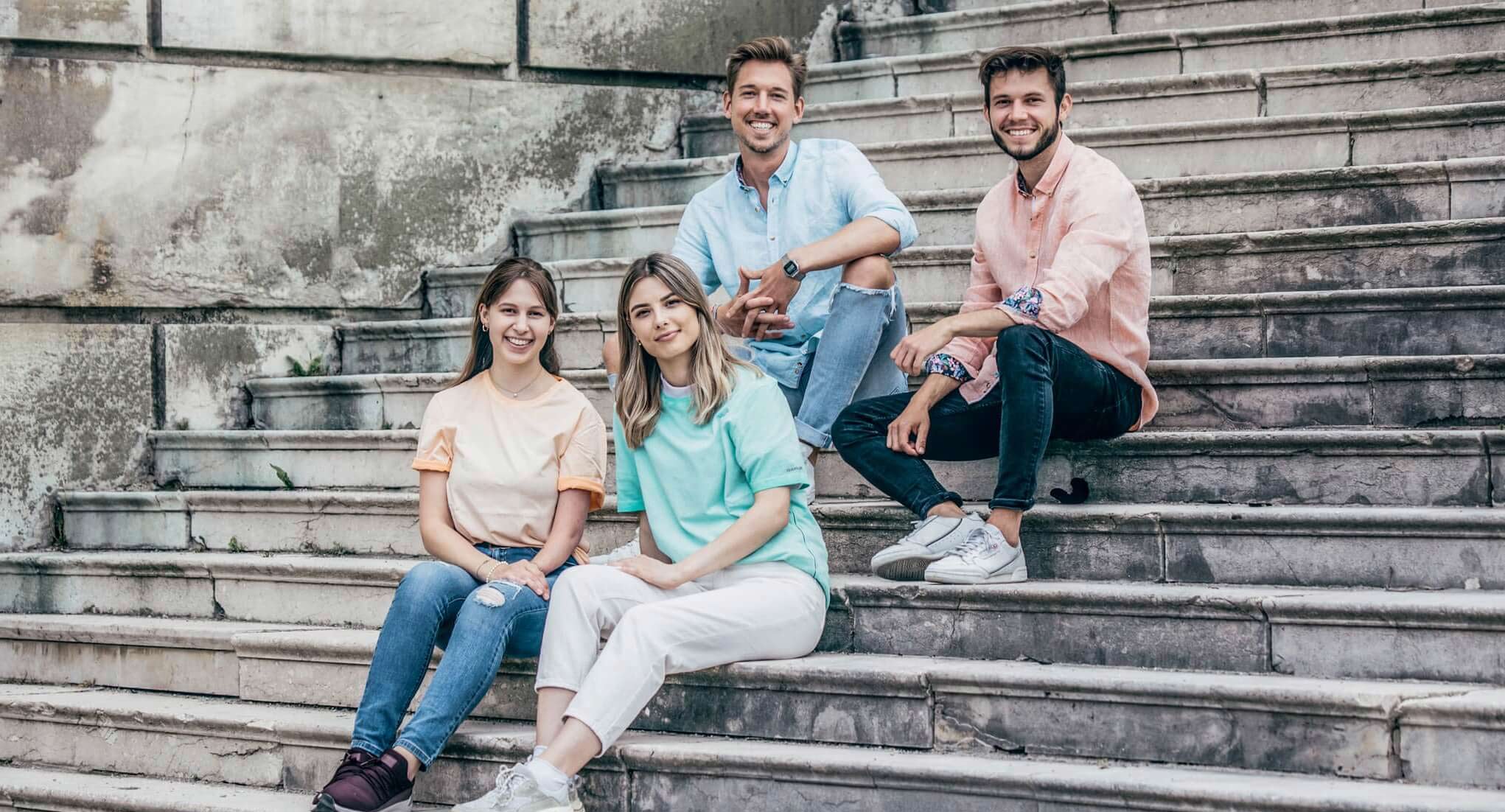
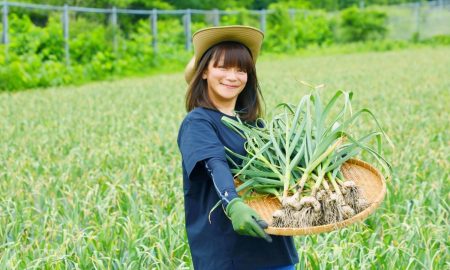

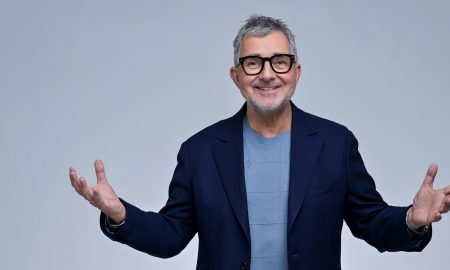
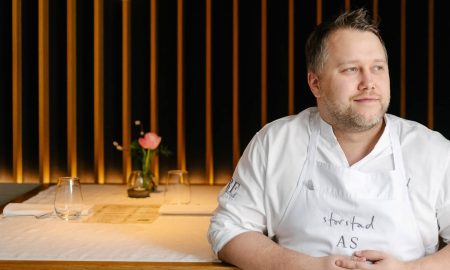
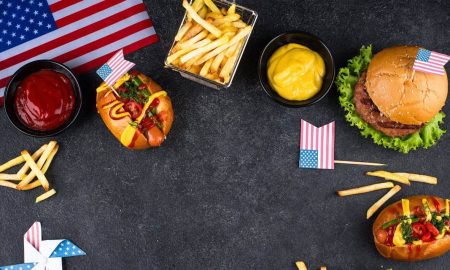
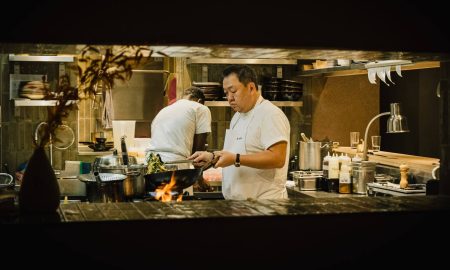
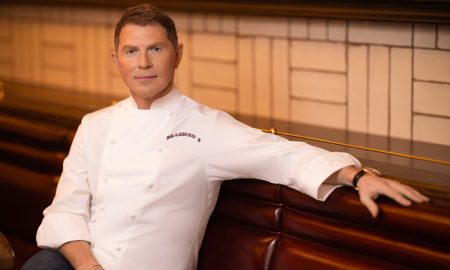
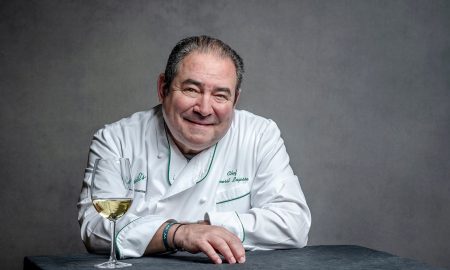
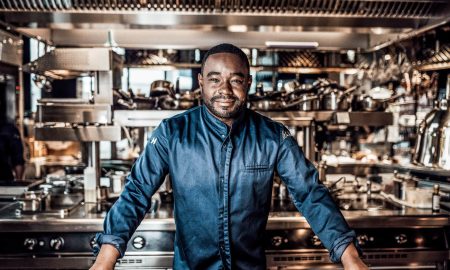
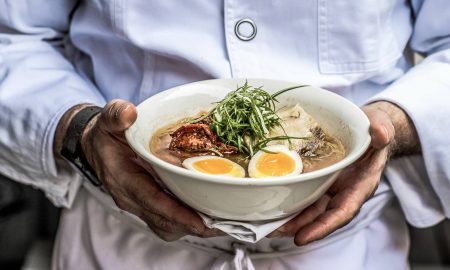
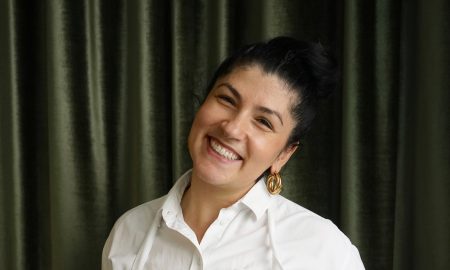
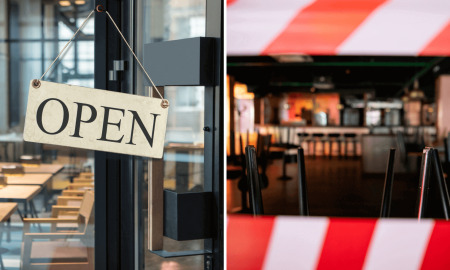
Pingback: Shrimp from the mountains | KTCHNrebel